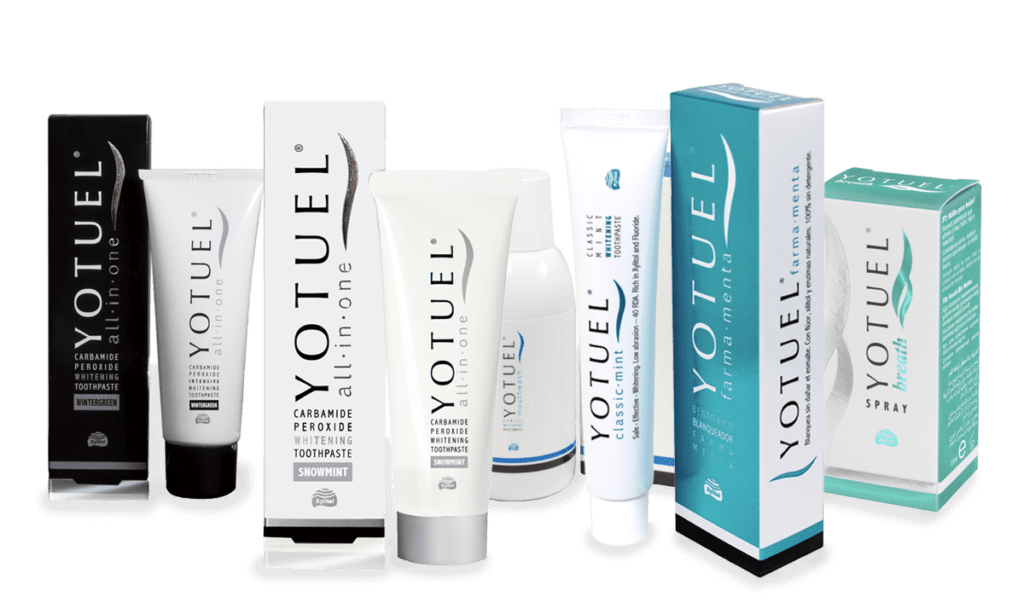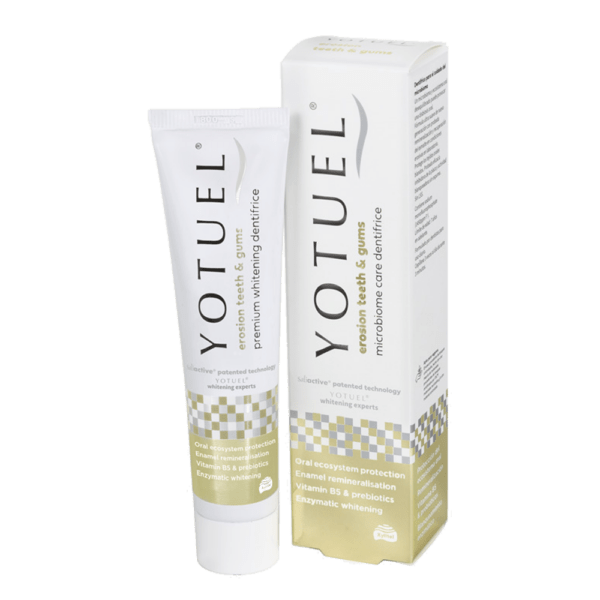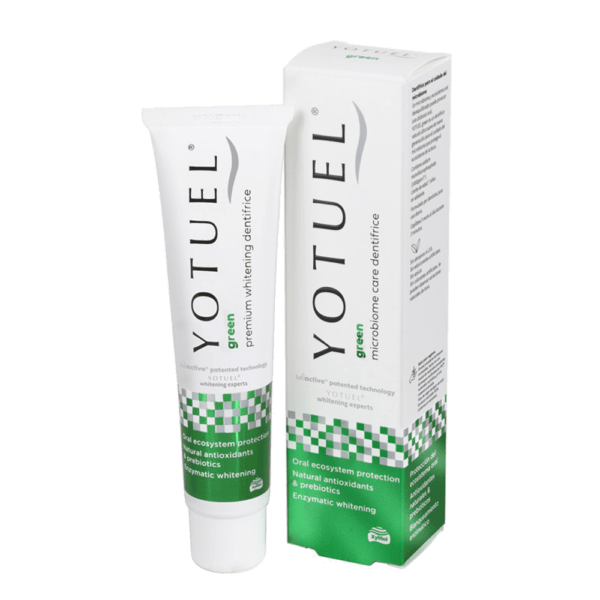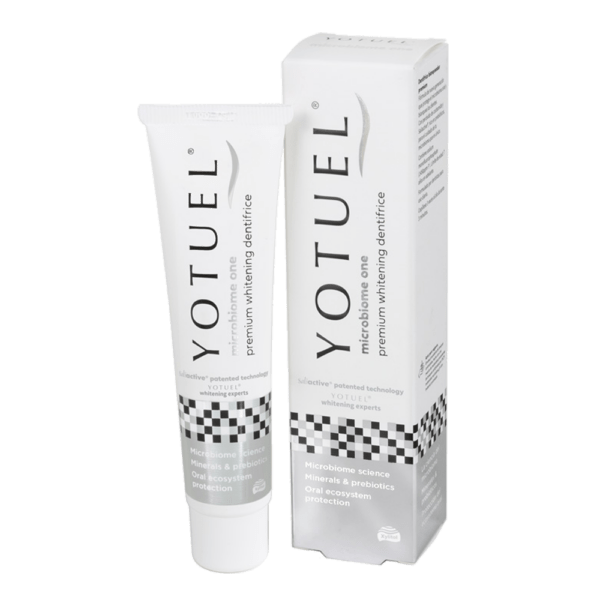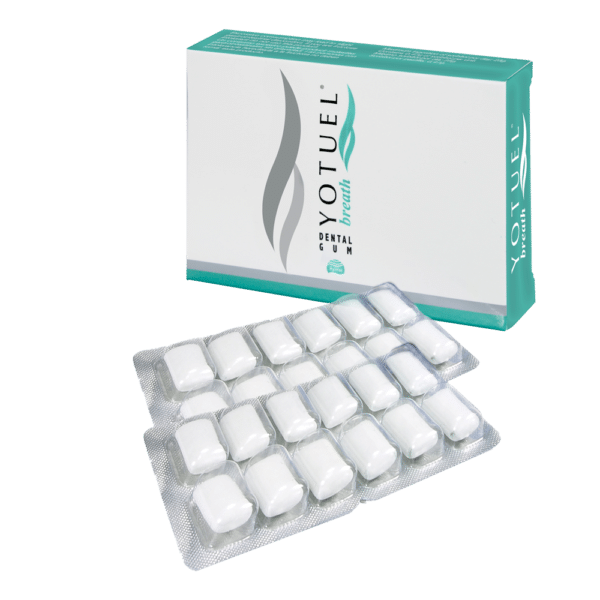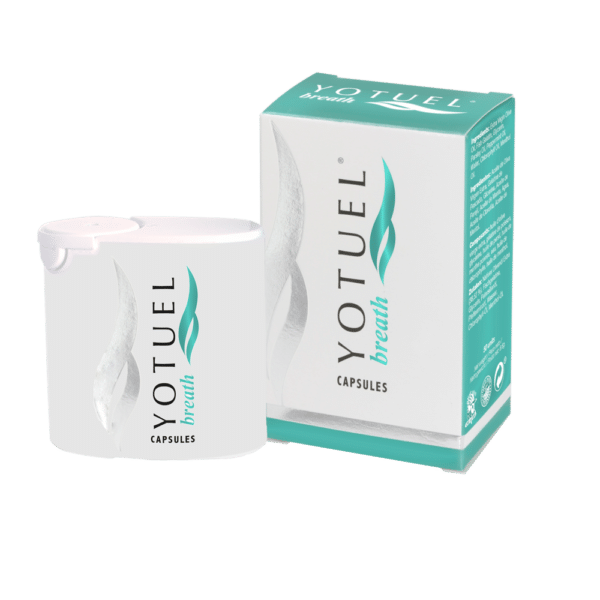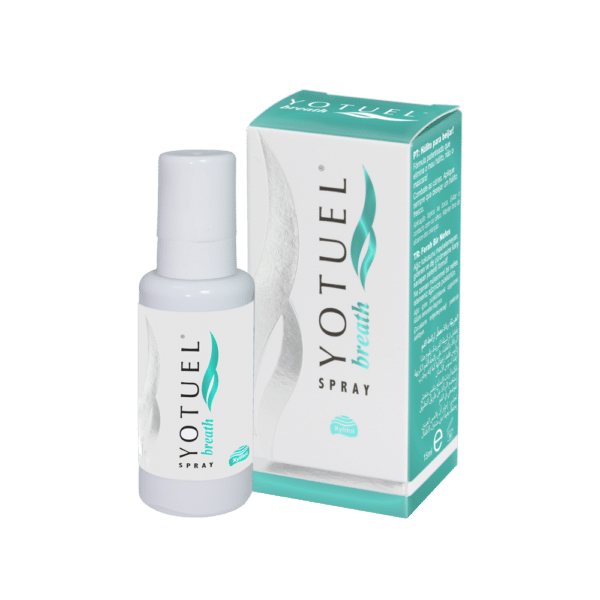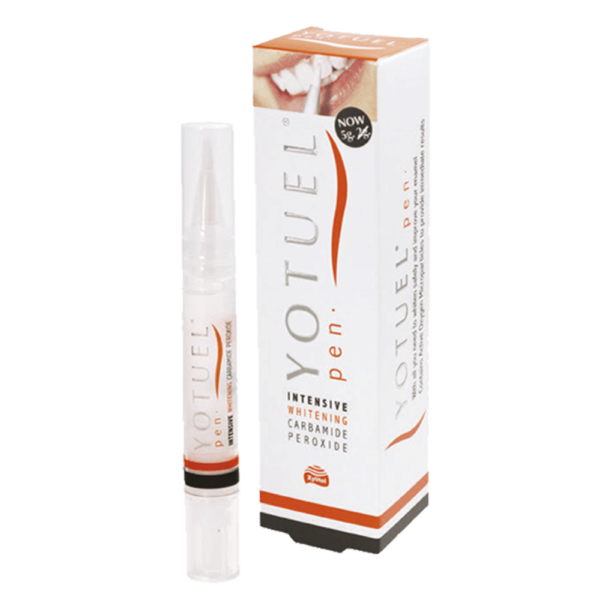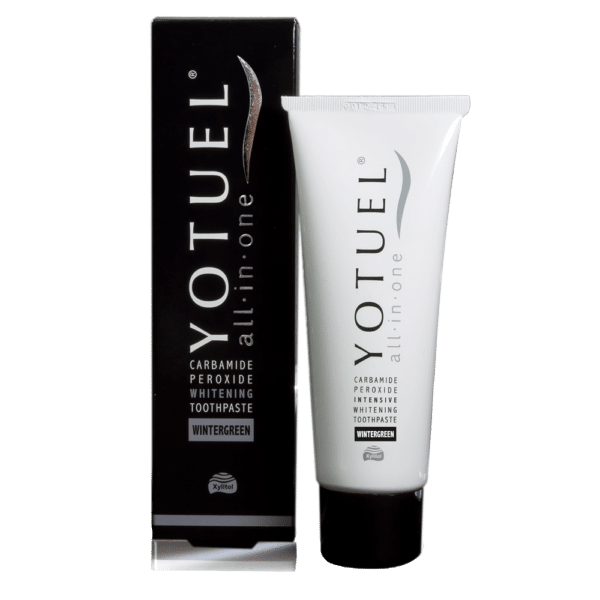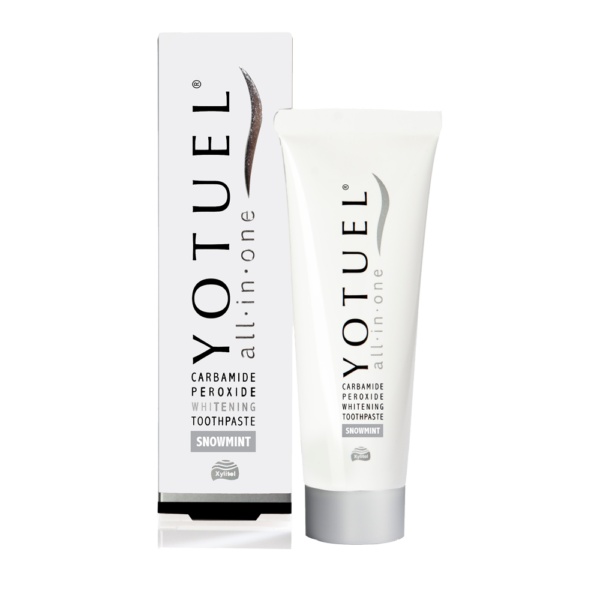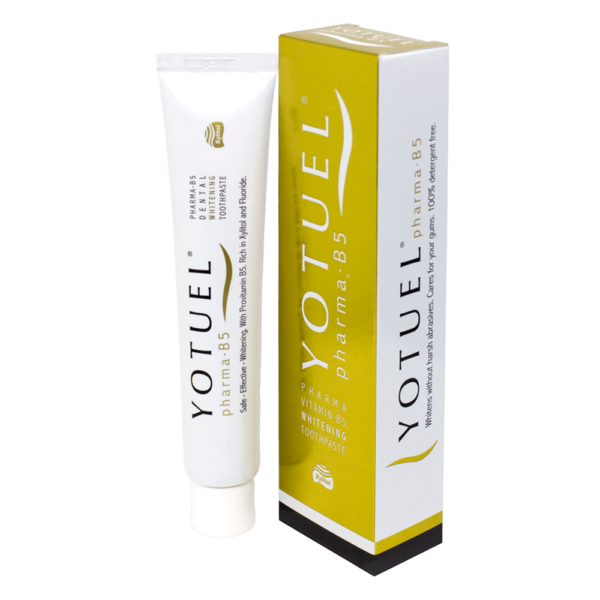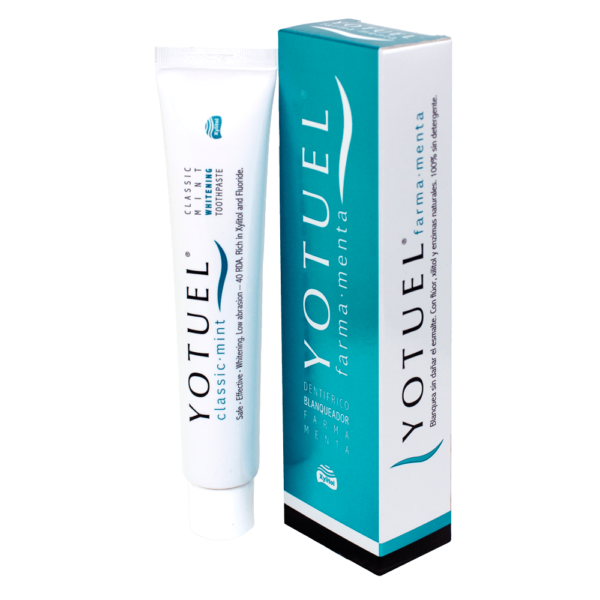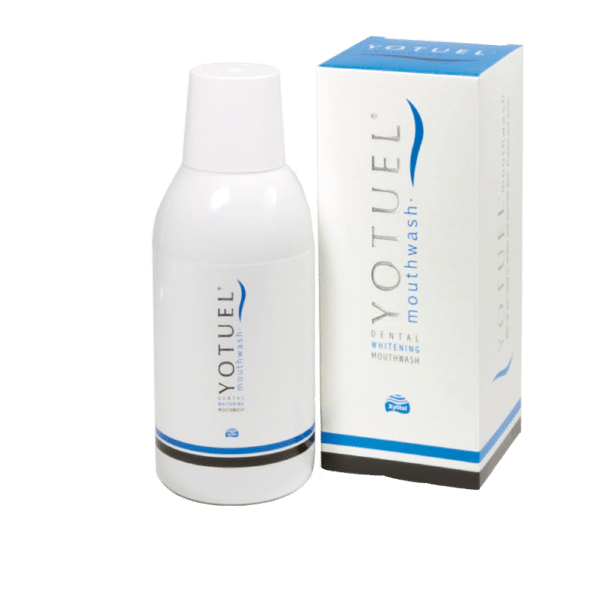Every 16th of October, World Food Day reminds us of the importance of maintaining a healthy diet for our overall well-being.
Although we tend to focus on how food affects the body, we rarely consider the impact it has on our oral health. What we eat not only influences our weight or digestive system, but also plays a fundamental role in the health of our teeth and gums.
Nutrition and Oral Health: A key connection
The relationship between what we eat and the health of our mouth is closer than you might think. Foods rich in sugar, starches, and acids can damage your teeth, weakening the enamel and promoting the development of cavities. However, a diet rich in essential nutrients can strengthen your teeth, protect your gums, and improve the balance of healthy bacteria in the mouth
How does a poor diet affect your mouth?
- Cavities: Foods and drinks high in sugar are the main culprits of cavities. Bacteria in the mouth feed on sugars, producing acids that attack tooth enamel, which in the long term causes tooth decay.
- Enamel erosion: Acidic foods, such as citrus fruits or soft drinks, can wear away tooth enamel, leaving teeth more vulnerable to sensitivity and wear.
- Gum disease: A diet poor in vitamins and minerals can weaken gums, increasing the risk of gingivitis and periodontitis. Inflamed or weakened gums not only affect the mouth, but can have repercussions on overall health, by allowing bacteria to enter the bloodstream.
Nutrients that benefit your oral health
While certain foods can cause problems, others can be your best allies in maintaining a healthy mouth. Here is a list of key nutrients to strengthen your teeth and gums:
- Calcium: This mineral is essential for maintaining strong teeth and bones. Dairy products, such as cheese, yogurt, and milk, are excellent sources of calcium.
- Phosphorus: Helps strengthen teeth when combined with calcium. It is found in foods such as fish, meat, eggs, and nuts.
- Vitamin D: This vitamin improves calcium absorption and promotes tooth mineralisation. You can get it through sun exposure and foods such as salmon, egg yolk, and fortified dairy products.
- Vitamin C: It is essential for gum health, as it strengthens connective tissues and fights inflammation. Citrus fruits, strawberries, and peppers are good sources of vitamin C.
- Fluoride: Fluoride helps remineralise tooth enamel and protects against cavities. Many dental products contain fluoride, and it is also found in fluoridated water.
What to avoid to maintain a healthy mouth?
In addition to adding beneficial foods to your diet, it is also important to know which foods you should limit or avoid to take care of your teeth and gums:
- Refined sugars: Cookies, sweets, and soft drinks are full of sugars that feed the bacteria responsible for tooth decay. Although it is not necessary to eliminate them completely, consuming them in moderation is essential.
- Simple carbohydrates: White bread, chips, and refined pasta are sources of carbohydrates that quickly break down into sugars in the mouth, promoting the formation of bacterial plaque.
- Sticky foods: Sweets such as candy or dried fruit can stick to teeth for longer, increasing the risk of cavities.
- Acidic drinks: Soft drinks and citrus juices can erode tooth enamel if consumed in excess.
As we can see, World Food Day is a good time to reflect on how our daily choices impact our health, including oral health.
A balanced diet will not only keep you fit and healthy, but it will also protect your smile. Incorporating more beneficial foods and avoiding those that harm your teeth is the first step to improving your oral health and, therefore, your overall well-being.
Remember, what you eat not only affects your body, but also your mouth. Take care of both with a smart and balanced diet!



